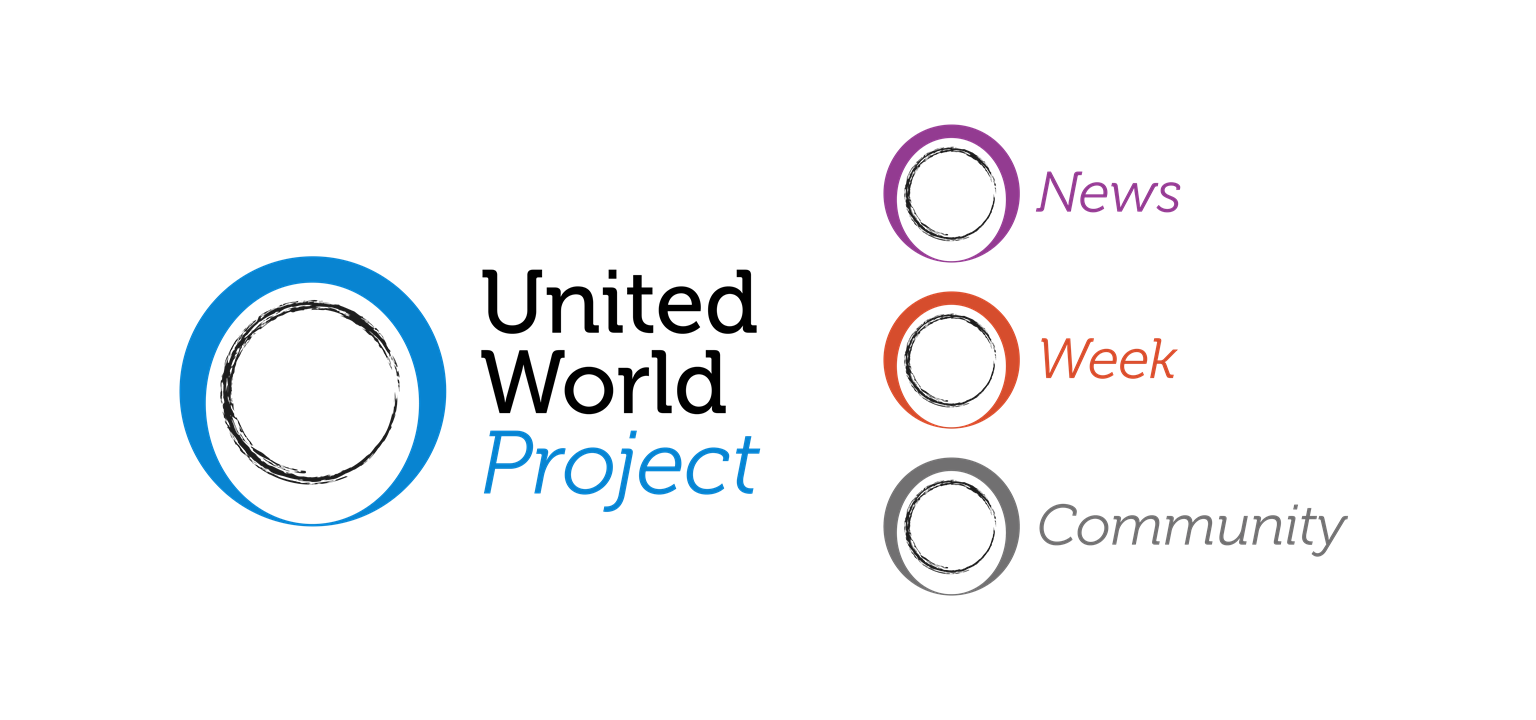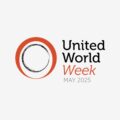
Watch
What Dialogue Means to United World Project

Dialogue is the key to building bridges between people, cultures, and religions. At United World Project, this essential tool fuels our enduring commitment to peace, fraternity, and unity: a commitment that starts with every conversation and every action.
In this article, we discuss the importance that United World Project attaches to the subject of dialogue: something that contributes to the ongoing construction of the identity of this project that has been around for several years now.
For United World Project, there are certain words that are fundamental and unavoidable. One of these is the word dialogue, in which you can find others, such as: encounter, acquaintance, exchange, interculturality, harmony, solidarity, love, all the way to fraternity, unity, and peace. These final three represent goals that are not simple, not immediate, but which – through action and enduring commitment – should be considered more aspirational than utopian, more concrete than abstract or unattainable.
Working towards peace and unity means embarking on a journey that produces results gradually, step by step, long before big-picture goals are achieved. This is why United World Project spotlights and tries to unite people, projects, and associations that are constantly working to promote dialogue between peoples and cultures, between people from countries with different languages and customs, between places that are both geographically and historically distant.
For this reason, one of the pillars of UWP, United World News – through its website, www.unitedworldproject.org – is always looking for stories on the subject of dialogue. These stories can be from any place in the world, they can be from and between people of different religions, they can come from any source, as long as they speak of distances shortened by the gift and practice of dialogue, as long as they bear witness to differences transformed into richness.
That being the case, in February 2025, UWP dedicated its monthly newsletter to dialogue and interculturality by interviewing Marco Salvatori, the president of the Centro Studenti Giorgio La Pira in Florence. For almost half a century, the centre has been a shining source for encounters between peoples, cultures, and religions from all over the world. It is an exemplary, paradigmatic story, captured and collected by United World Project.
Also published was a story from Argentina about an encounter and friendship between young Catholics and Muslims. The article, entitled ‘Playing Together: The Beginning of a Friendship Between Young Catholics and Muslims’, touches on something fundamental for United World Project: reaching people, beyond culture, language, and religious belief, through a dialogue – including interreligious dialogue – that sweeps away an insidious enemy of unity and universal brotherhood: prejudice.
There have actually been many published articles and reflections on the topic of dialogue since United World Project – promoted by the NGO New Humanity – was formed in 2012 with the aim of contributing to the creation of a united world.
United World Project works by charting, promoting, and publishing online: best practice, processes, individual and group initiatives, and actions – be they big or small, everyday or exceptional – that contribute to making the world a more fraternal and united place of peace.
In order to achieve this, United World Project has identified three goals:
- to be a permanent workshop of examples of best practice for uniting a disparate world,
- to shine a light on a global network that, every day, is working towards unity, universal fraternity, and dialogue,
- to bring together research and reports on a common platform.
Dialogue is therefore considered a vital tool in adding building blocks to the tangible dream of constructing a united world, extending this fraternity of peace and harmony as far as possible.
Dialogue is a key for opening doors, a gust of wind that can knock down walls, a bridge under which life can flow at its best. With this conviction, United World Project is always eager to welcome stories that facilitate this instrument of humanity.

Article translated into English by Becca Webley






